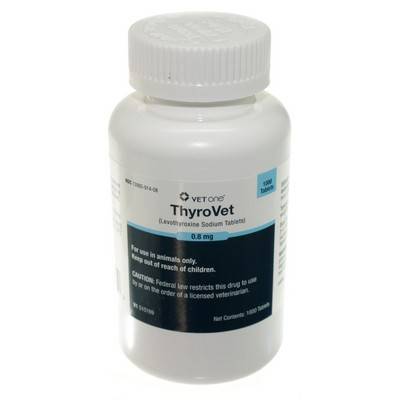Thyroid is Toxic. Medications For Dogs and Cats
Thyroid is a hormone produced by the thyroid gland. In humans, it produces Thyroid hormones. The thyroid is not a normal hormone, and the body cannot make it on its own. It produces T3 and T4 in the body, and is responsible for the regulation of metabolism. A high level of T3 can lead to hypothyroidism, which causes symptoms such as weight loss, slowed or irregular heartbeat, and dizziness. Thyroid is toxic. medication for dogs and cats is one of the most common treatments for this condition. Symptoms of toxicity include vomiting, diarrhea, tachycardia, reduced level of consciousness, and restlessness.
Untreated thyrotoxicosis can result in fast, irregular heartbeats, and heart failure. Long-term thyrotoxicosis may affect bone health, increasing the risk of fractures and osteoporosis. While the treatment options for thyroid dysfunction are limited, the risks associated with this condition are high. However, the benefits of proper treatment far outweigh the negative side effects of medications.
Symptoms of thyrotoxicosis are diverse and can include irregular menstruation, increased appetite, hair loss, and irritability. In some cases, it can lead to a thyrotoxic crisis, which can cause a wide range of complications and necessitate immediate medical attention. While the most effective treatment for thyrotoxicosis is surgical removal, surgery can lead to the development of a complication known as goitre.
While the treatments for thyrotoxicosis depend on the cause, the treatment for a nodule caused by the overproduction of thyroid hormones can also result in fast irregular heartbeats, which can lead to heart failure. In long-term cases, the treatment can lead to osteoporosis, which increases the risk of fracture. While surgery is an option, it is not always the best choice.
Symptoms of thyrotoxicosis may vary. The most common treatment for a toxic thyroid nodule is radioiodine. The radioactive iodine treatment is an inpatient procedure. It involves the ingestion of radioactive iodine, which concentrates in the thyroid gland. The drug causes gradual destruction of the nodule, while not affecting the other parts of the body. It has temporary restrictions, but can be imposed permanently for a period of time. Patients should avoid close contact with children and should not be taken by pregnant women.

The long-term effects of treatment for thyrotoxicosis depend on the type of medicine used and the cause of the disease. In some cases, treatment of thyrotoxicosis can lead to a decrease in the level of the T3 hormone in the body. The patient may suffer from hypothyroidism or hyperthyroidism. In both cases, the drug can be prescribed to reduce the risk of further complications.
Hyperthyroidism is a serious disease that affects the body's metabolism. Symptoms of thyrotoxicosis are often severe and include irregular periods, fatigue, thinning hair and lack of energy. Although most cases experience weight loss, a few percent of patients may also experience weight gain. The medicine may cause nausea or lead to a dangerous condition known as thyrotoxicosis.
The thyroid gland is toxic. Some medications can cause side effects in both animals and people. When taken orally in large doses, thyroid medications can lead to thyrotoxicosis. Symptoms include fever, rapid heartbeat and diarrhea. Overdosing on the thyroid can also lead to swelling of the thyroid gland (goiter). These drugs are toxic. Website sga.co.th warns that in some cases, symptoms of thyrotoxicosis may go unnoticed or may be mild and go unnoticed.
The thyroid gland is toxic. Thyroid disease can cause irregular periods, decreased fertility, and hair loss. High levels of T3 hormones can affect the body's ability to absorb medication. Some of these symptoms may be caused by the medications themselves or by other medications. The thyroid gland is toxic. medications that are prescribed. These drugs may affect your kidney function. The medicine may also increase the risk of gastrointestinal problems.
Excess iodine is harmful to the thyroid gland. In some cases, this can lead to programmed tissue death and premature tissue damage. The autoimmune process can be activated when cells are overloaded with iodine. People suffering from too much iodine in their body will feel fine at first, but will soon develop hypothyroidism. If symptoms persist, it may be a sign of an overactive thyroid.


